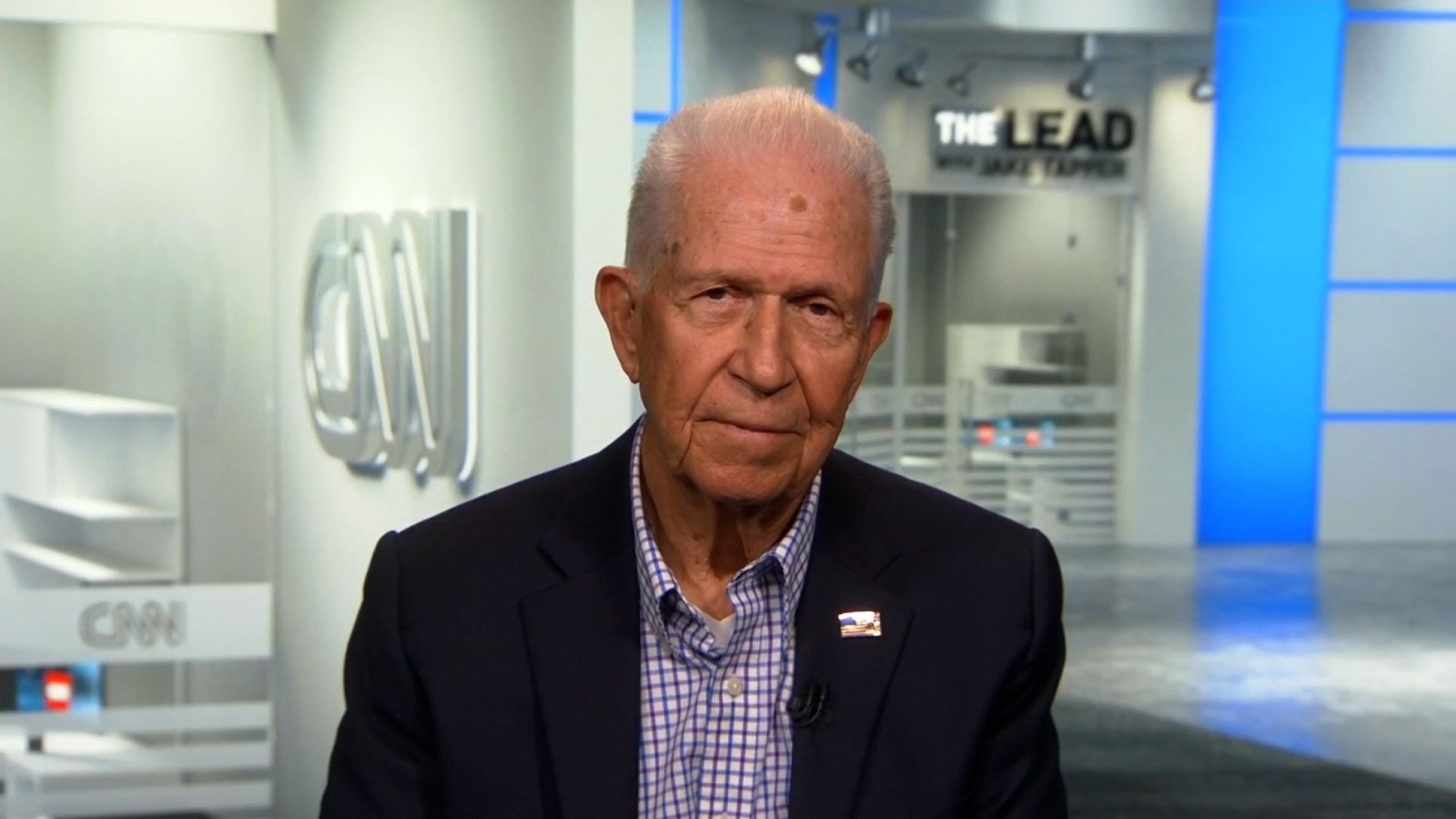It may seem incredible, but a new and compelling eyewitness account has surfaced regarding one of the most scrutinized events in American history: the assassination of President John F. Kennedy. This revelation comes from Paul Landis, a former Secret Service agent who was assigned to protect First Lady Jacqueline Kennedy in 1963. In his upcoming memoir, titled “The Final Witness,” set to be published next month, Landis revisits the chilling events surrounding that fateful day, shedding light on previously undisclosed details. As we approach the 60th anniversary of the assassination in November, Landis’s recollections could potentially challenge long-standing theories, particularly the infamous “magic bullet” theory. This unexpected revelation has reignited discussions and debates about the true nature of that tragic day.
A Secret Service Agent’s Shocking Revelation
Paul Landis, now 88 years old, made his startling revelations during an exclusive interview on CNN’s “The Lead with Jake Tapper.” In this interview, Landis recounted the chaotic moments surrounding the assassination and disclosed his involvement in handling crucial evidence. According to Landis, he retrieved a bullet from the limousine that transported the Kennedys on that fateful day. He then took the extraordinary step of placing the bullet in the examination room of Parkland Memorial Hospital, where President Kennedy was receiving treatment.
Landis’s account challenges the widely accepted “magic bullet” theory, which posits that a single bullet struck both President Kennedy and then-Texas Governor John Connally. The Warren Commission, which investigated the assassination, claimed that an intact bullet was found on the floor beside Connally’s stretcher. Landis’s recollection suggests that there might be more to the story than previously believed.
Differing Perspectives on the JFK Assassination
While Landis’s revelations have raised eyebrows and sparked new debates, experts in the field hold varying opinions. Jefferson Morley, editor of the JFK Facts newsletter, has long questioned the validity of the “magic bullet” theory. He believes that Landis’s account underscores the need for a more comprehensive explanation of the events of November 22, 1963, casting doubt on the official narrative.
Conversely, Farris Rookstool III, a former FBI analyst who has extensively reviewed Kennedy assassination documents, contends that Landis’s account does not alter the fundamental conclusions drawn from various government reports and exhaustive investigations. Rookstool maintains that the evidence still points to Lee Harvey Oswald as the lone gunman, firing three shots from the Texas School Book Depository’s southeast corner.
Ongoing Secrecy Surrounding the Kennedy Assassination
Despite decades of investigation and numerous reports, the Kennedy assassination remains shrouded in secrecy and controversy. Government agencies, including the CIA, the Defense Department, and the Department of State, have continued to withhold certain documents, in violation of a 1992 law aimed at promoting transparency.
While some documents have been released in recent years, many remain redacted or indecipherable, making it challenging for experts and researchers to access the full truth. Both the Biden and Trump administrations allowed certain documents to remain hidden, citing the need to protect confidential sources and methods.
The CIA’s historian has described this selective cooperation and withholding of information as a “benign coverup.” Critics argue that this secrecy has fueled public skepticism about the government’s version of events, leading to a persistent belief in conspiracy theories.
As Paul Landis’s eyewitness account shakes the foundations of the JFK assassination narrative, the American public is once again confronted with the enigmatic and unresolved questions surrounding that tragic day in Dallas. While experts continue to offer differing perspectives, the secrecy surrounding key documents and the government’s past credibility issues have contributed to the enduring skepticism among the American populace. As we approach the 60th anniversary of the Kennedy assassination, the quest for the truth remains an ongoing and complex endeavor, as elusive as ever.















